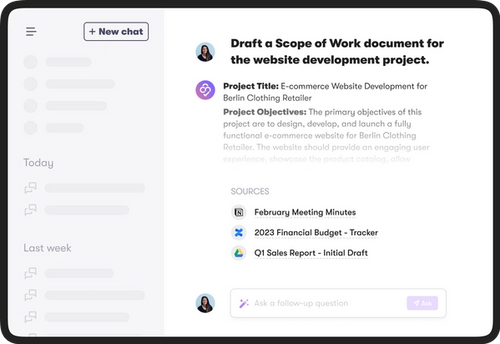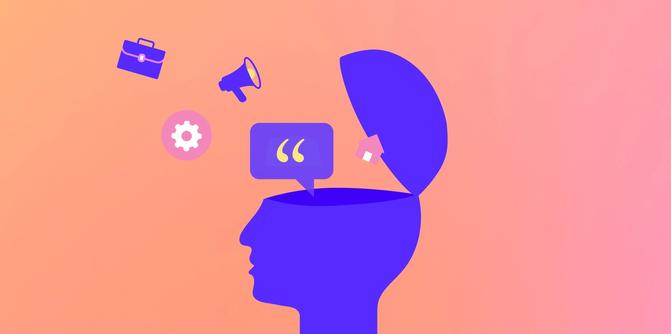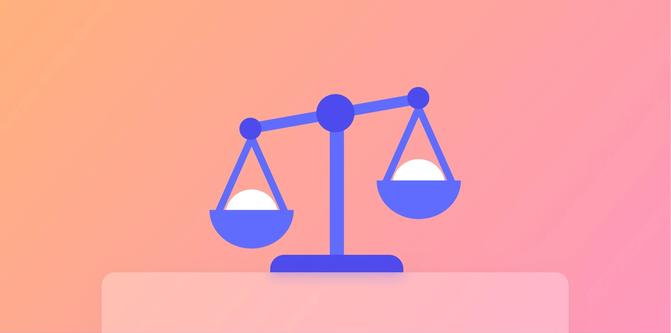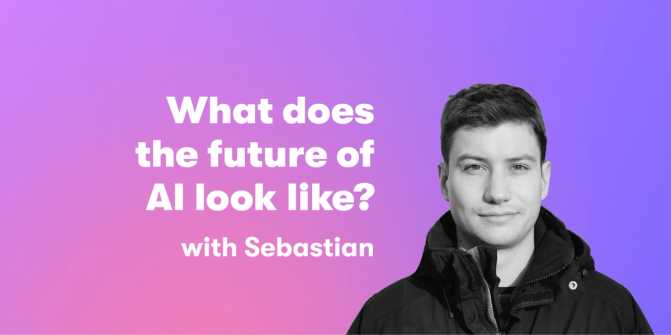ChatGPT turns a year old–how has product management changed?
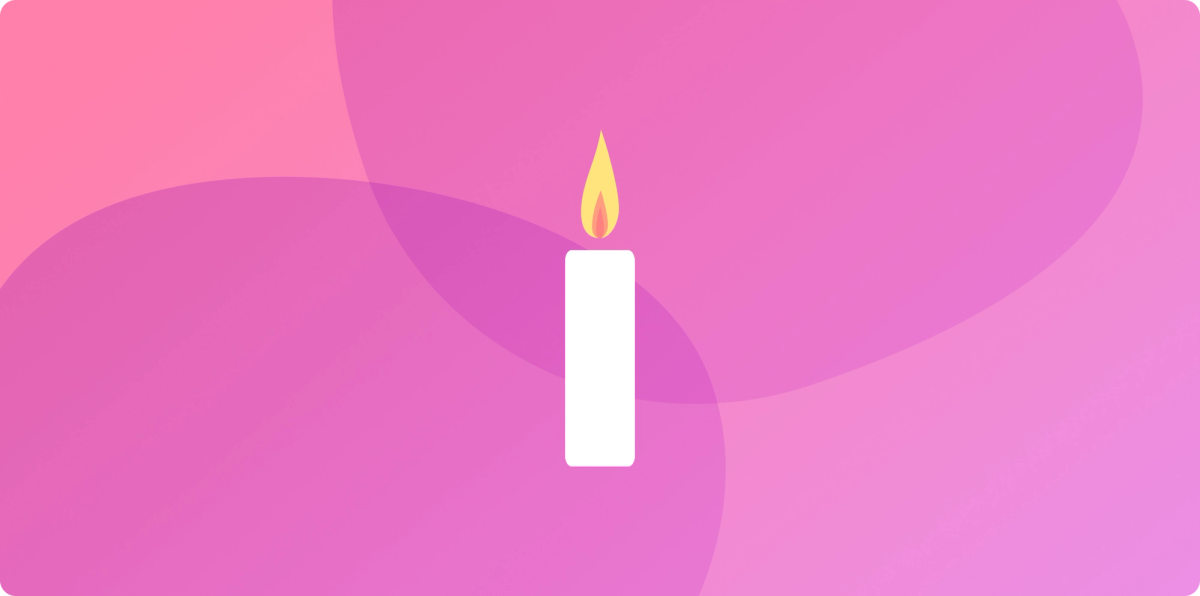
Happy birthday, ChatGPT 🎂
In December 2015, a small group of entrepreneurs and investors began OpenAI, most notably: Elon Musk, Sam Altman, Greg Brockman, and Ilya Sutskever. A lot has already changed since then–Musk is no longer affiliated with OpenAI and there’s been a whoooole bunch of beef between the rest of them. 🥩
OpenAI started, perhaps paradoxically (at the very least ironically), developing AI around human-centricity. On November 30, 2022, the company released ChatGPT, a revolutionary large language model chatbot that uses natural language processing to answer prompts and have human-like conversations. A lot has changed in a year. Let’s discuss.
Work is Different
The rise of AI is undoubtedly transforming (and definitively transformed) the nature of work. It’s always suggested that AI can help us with the mundane bits of our work. But, is that even true anymore? Product managers use AI to brainstorm, reword, proofread, generate simple code, etc. Using AI just for the boring parts of our jobs wouldn’t really be harnessing its full potential anymore.
Recent reports suggest that AI is quietly embedded in many workplaces, often secretly; or, at least unreported. This subtle integration of AI is reshaping how we approach tasks and interact with technology, blurring the lines between human and machine capabilities. And in a recent Europol report, it’s forecasted that by 2026, upwards of 90% of all content online will be AI-generated.
Your Work is Different
ChatGPT is not the sole driving force behind OpenAI’s success anyway. A vast network of AI tools and services rely on OpenAI's APIs, codexes, and CLIPs. That is to say, if you’re using another AI service other than ChatGPT, it still probably is influenced by OpenAI.
Prior to ChatGPT, a PM's day-to-day involved a meticulous process of manually gathering market data, brainstorming ideas through traditional methods, and crafting content individually. Decisions were often guided by intuition and experience, while stakeholder collaboration relied heavily on conventional communication channels. Adapting to the ever-changing product landscape required constant monitoring of industry publications and attending conferences.
But with ChatGPT, the daily routine looks quite a bit different. Idea generation has evolved into an almost collaborative endeavor, with ChatGPT serving as a creative partner to stimulate novel ideas, explore diverse perspectives, and overcome creative hurdles. Content creation has been streamlined, as ChatGPT's ability to generate, check, and translate content. Data-driven decision-making has become instantaneous, as ChatGPT's ability to analyze vast amounts of data has provided a foundation for informed choices.
AI is everywhere.
The release of ChatGPT sparked a wave of excitement and anticipation, with many heralding its potential as a transformative force akin to the internet. But while it’s undeniable that AI has revolutionized many aspects of our lives, it is important to temper these expectations with a realistic outlook.
AI is eeeeeverywhere. Even in things that seems unnecessarily, like music and presentation apps. The ubiquity of AI in today's tools and services is undeniable. It is yet to be seen if the inclusion of AI in these things is a fad, or if every application and program with have an AI assistant by default.
Just because something shines, doesn’t mean it’s gold. If you’re adopting AI in your daily routine, or considering adding an AI tool to your workflow (try Collato!), make sure it:
- …augments your work by accelerating things that normally take a while to complete
- …can analyze a large amount of data or text. In other words, if it’s too much for a human, see if a robot can do it instead.
- …is easy to use and cost effective. This one is obvious and goes for all your tools…not just the AI ones
- …is secure. Check the tool’s website to see what security standards it follows. It’s probably a good idea to check with your company before you use a tool at work, too. By now, your office probably has a pretty rigid AI protocol.
Things aren't as catastrophic as some reports projected.
Some early predictions about the impact of AI on society were quite dire. However, it is now clear that these predictions were overly pessimistic. AI is not causing mass unemployment or leading to a dystopian future. Instead, it is creating new opportunities and improving our lives in many ways.
Here are some of the reasons why initial reports of AI's impact on the job market were overstated:
- Focus on automation of repetitive tasks: Early reports tended to focus on the potential for AI to automate repetitive tasks, leading to job losses in industries such as manufacturing and transportation. But like we’ve said, AI is integrated throughout roles, and not just on the boring stuff. AI normally doesn’t replace entire jobs, just augments certain tasks.
- Humans are still needed for creativity and critical thinking: While AI is good at automating tasks that require processing large amounts of data and making logical decisions, humans are still better at tasks that require creativity, empathy, and social interaction. These skills are becoming increasingly valuable in the workplace as AI becomes more prevalent.
- Governments and businesses are taking steps to mitigate the risks: Governments and businesses are recognizing the potential impact of AI on the job market and are taking steps to mitigate the risks. This includes investing in education and training programs to help workers adapt to the changing workforce.
- Everyone was just confused: There has been a lot of changes the past few years. Through it all, there always seems to be an initial shock, followed by a brighter future. Credit cards, the internet, work from home…the list goes on, and will after ChatGPT, too.
ChatGPT is not the only player in the game anymore.
ChatGPT is incredible. The widespread adoption and instant success of ChatGPT alone is impressive. But as I mentioned earlier, there are a bunch of other AI-powered tools that are more tailor-fitted to specific jobs.
Collato was made with product managers in mind. We’re an AI powered work tool that uses AI to find, summarize, and generate content basesed on your product and work documentation. Unlike ChatGPT, we do not use your data to train our model, and all of your information stays safe. We’re SOC2 certified, too.
TL;DR
A lot changed a year ago when OpenAI released ChatGPT, and things will probably continue to change as AI gets bigger and better. Product managers day-to-day probably looks way different than it did a year ago; and for the most part, for the better. Although ChatGPT is a huge player in the game, there are a bunch of other tools (like Collato!) that you should consider using at work because they’re safer, more secure, and more tailored to product managers.


